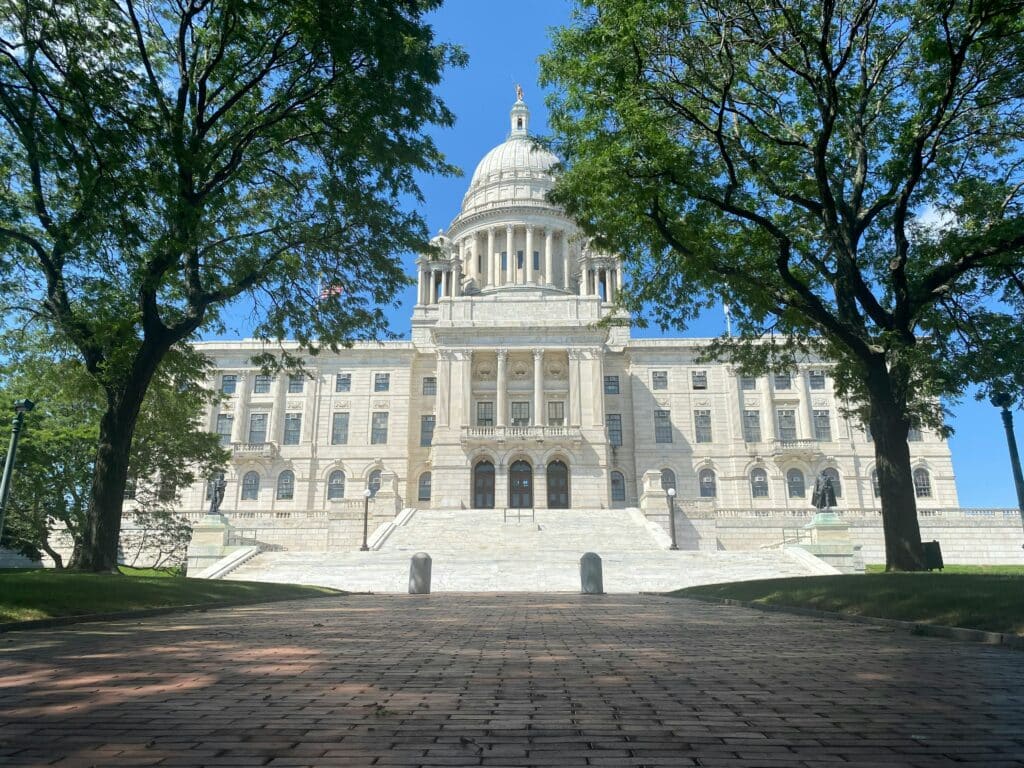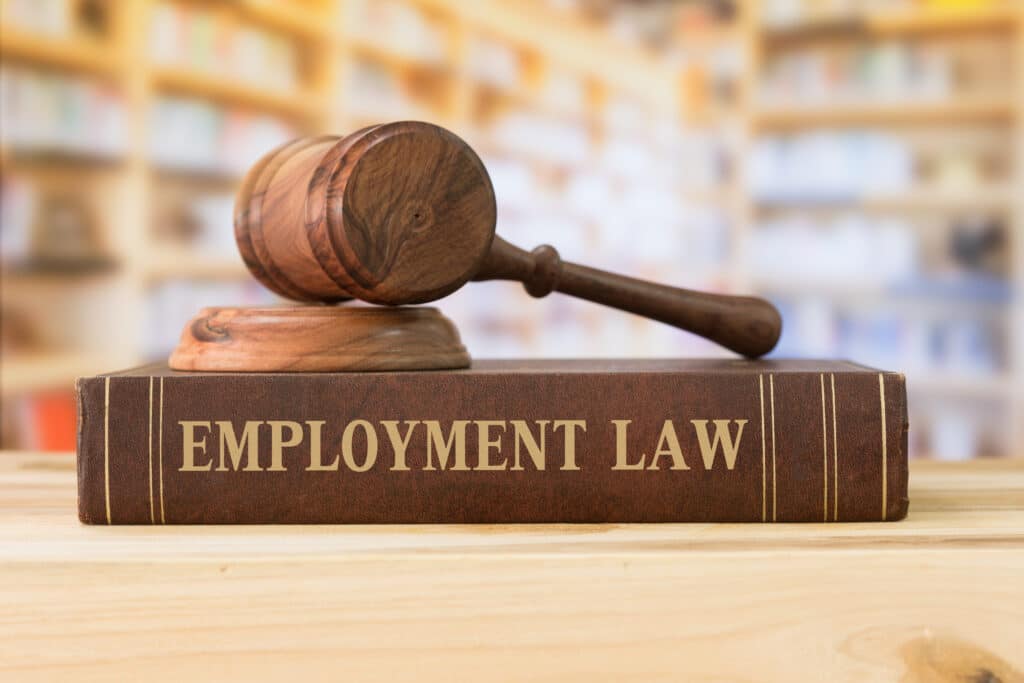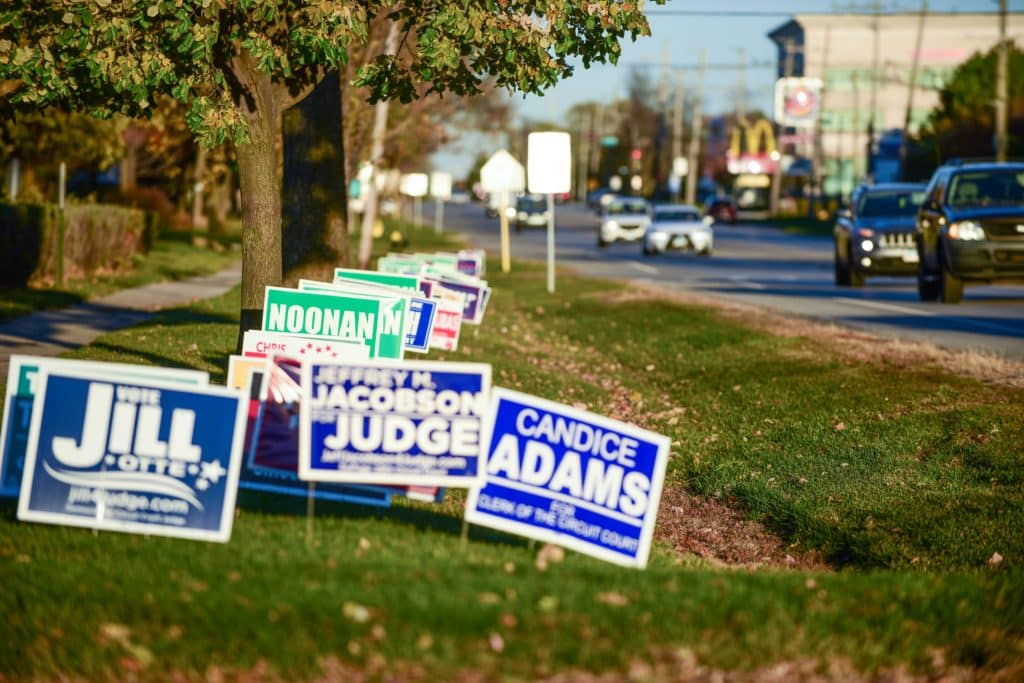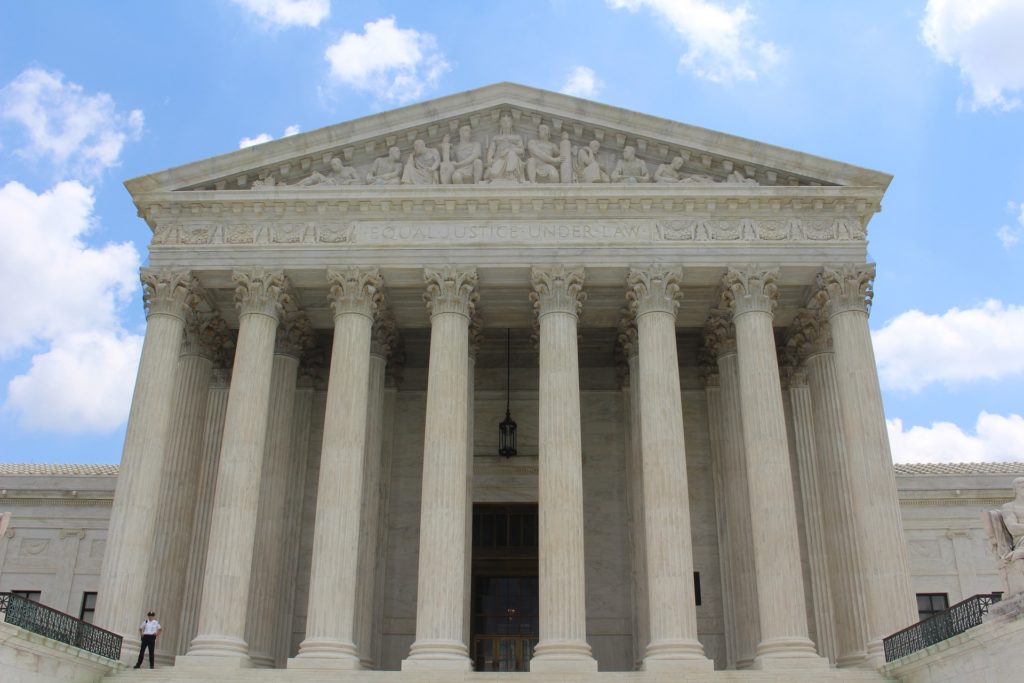Landmark Legislation Introduced In The General Assembly To Provide Remedies For Violations Of State Constitutional Rights

On February 15, 2024, landmark legislation was introduced in the General Assembly to provide something most Rhode Island thought they already had: a remedy for violations of state constitutional rights.
Faith Gets a Fair Shake: Supreme Court Bolsters Protections for Religious Accommodations in the Workplace

In a unanimous decision on June 29, 2023, the Supreme Court in Groff v. DeJoy, Postmaster General, No. 22-174, overturned lower court decisions and reiterated what it means for an employer to experience “undue hardship” when asked to provide religious accommodations.
Game Changer in the Qualified Immunity Debate: Courts Have Been Applying the Wrong Text of the Civil Rights Act of 1871

There has been a recent game-changer in the qualified immunity debate. Scholarly research has recently revealed that the codification (the process of entering an existing law into a jurisdiction’s legal code/statute) of the Civil Rights Act of 1871 as found in 42 USC Sec. 1983 excluded a crucial clause in the Civil Rights Act of 1871 actually passed by Congress, specifically, that no existing law, statute, regulation, or prior customs was to be used to get around the rights and remedies created under the Act. The obvious intent and purpose of this clause was to cancel all common law immunities as a defense to claims under Section 1983—including qualified immunity.
Sinapi Law Associates, Ltd. Participates in RWU Law Pro Bono Collaborative’s Racial Justice Challenge

Sinapi Law Associates, Ltd. is is proud to participate in the Roger Williams University School of Law Pro Bono Collaborative’s Challenge entitled, “Racial Justice Challenge: Housing.” The Challenge provides the general public with the opportunity to make a commitment to “read, watch, and do” challenges that raise awareness and increase access to justice around housing issues.
Religious Accommodations: What is a Sincerely Held Religious Belief and Common Issues

Religious accommodation and exemptions have been in the news a lot recently, with both very good and very inaccurate information being thrown around. While there is a great deal of litigation and new legislation on the topic, we thought it may be helpful to share some of what we know. While the issue of religion and the law is vast, this piece focuses on one of our firm’s primary practice areas: accommodation in the workplace.
Sinapi Law and ACLU Settle Suit With City of Pawtucket Over Political Sign Restrictions

The ACLU of Rhode Island today announced the settlement of a lawsuit over a Pawtucket ordinance banning the posting of political signs on residential property more than 30 days before an election. The lawsuit, filed last July by attorney Richard A. Sinapi, was filed on behalf of two candidates who were running in primaries for state legislative office in the city, Cherie Cruz (House District 58) and Jennifer Stewart (House District 59), and who both have since won their primary elections.
Attorney Richard Sinapi Quoted in Lawyers Weekly Qualified Immunity Article

Attorney Richard Sinapi was recently quoted in RI Lawyers Weekly regarding a recent 1st Circuit Court of Appeal’s qualified immunity decision and its impact on the right to basic discovery (the pre-trial process where litigants gather and exchange potential evidence in preparation for trial) ordinarily available in lawsuits.
Sinapi Law and ACLU Sue City of Pawtucket Over Political Sign Restrictions

The ACLU has filed a federal lawsuit challenging a Pawtucket ordinance that bans the posting of political signs on residential property more than 30 days before an election in an effort to vindicate the free speech rights of political candidates and their supporters,
Sinapi Law and ACLU Settle First Amendment Suit With City of Providence Over Political Protest

Sinapi Law and the ACLU of Rhode Island today announced the favorable settlement of a federal freedom of speech lawsuit against the Providence Police Department involving political protest at the Roger Williams Park Casino. In addition to $13,000 monetary payment to each plaintiff, the settlement agreement filed provides that the City will pay $74,000 in attorneys’ fees.
A Blow to the Pillars of Our Democracy – Court Rules Electronic Devices of Those Crossing U.S. Border are Subject to Seizure Without Cause

A recent court decision allowing seizure of electronic devices at border crossings without any cause damages the essential pillars of our Democracy. The decision in Alasaad v. Mayorkas, 988 F.3d 8 (1st Cir. 2021) basically says that any electronic device of anyone crossing a U.S. border—including U.S. citizens and permanent residents—are subject to seizure without any cause and the content thereof may be accessed and read by the border agent



